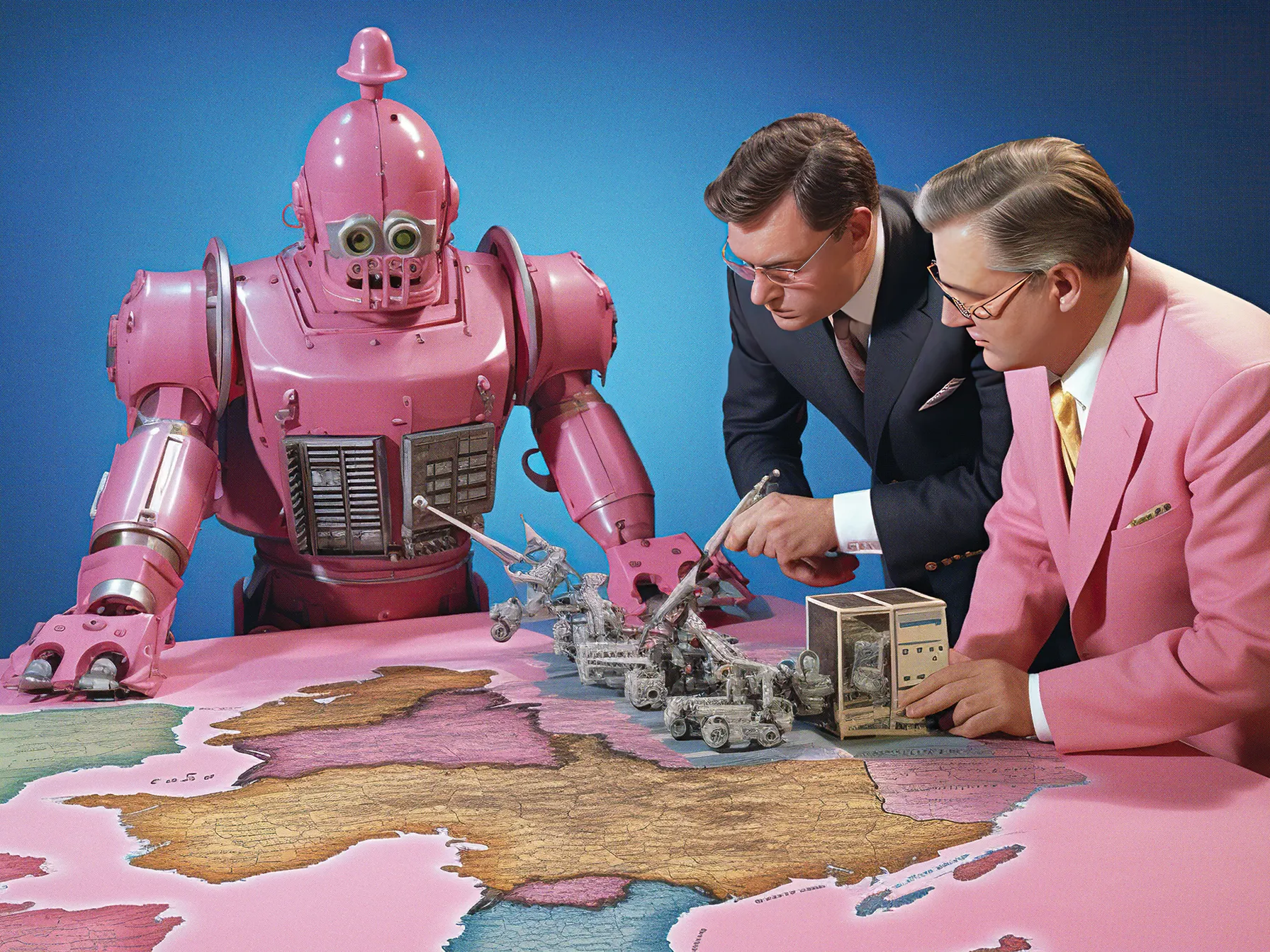The proliferation of smartphones, smart homes, and smart toasters that surround the public has turned the thought of artificial intelligence (AI) becoming an overlord of the world into a valid question of whether it will become just another addition to the toolbox. We find ourselves in a curious juxtaposition: in the same light, we use AI to solve our problems, but at the same time, we are afraid it will one day wear a crown of intelligence and proclaim its dominance over humans.
It is now time to deepen the analysis of the explored topic and consider the given concept, which is the peculiarity of people’s interactions with technology. On the one hand, we have eager tech advocates largely cheering that AI will make all the menial work disappear, and we can all grow wings and become artistic and languid. Why wouldn’t someone want a robotic maid called Maidy McMaidface to do all the cleaning? On the other hand, if the doomsday predictors have it right, then the future holds marauding AIs who turn the world into a prehistoric jungle. “No, Maidy! Not the kitchen! My lunch is in there!”
It is difficult not to notice that even here, AI has come a long way but is still only a glorified calculator that produces text that looks like a work written by a teenager on stimulants. So, should we get scared of our master AI or not, or should we merely be smug at the fact that the AI cannot even get my Netflix recommendations correct?
Take chatbots, for example. However, they have emerged as the perfect resource for any organisation to seek ways to reduce expenses and optimise gains. But, let’s be real: I am pretty sure no words make a customer service representative quake in their boots than these – ‘Your call is important to us.’ It has been nice talking to you. May I please wait for the next available agent? When did you last call a company to complain and did not want to pull the attendant’s ears for putting on an auto-reply? Instead, AI is a good way to make people feel more dispensable than they already are.
What if the car could drive itself? These cars and trucks are promised to create fewer crashes and eliminate car parks. However, we have all watched videos of a Tesla attempting to park only to land in a pond. If AI investment is turning to self-driving cars, then let’s hope the car does not have the navigation system of my Aunt Edna, who once went around in circles for a trip to the grocery store twice.
So, when exploring this concept of a society dominated by robots, we also have to look at the issues of ethics in artificial intelligence. From racism and sexism in algorithms to controversies on data protection, our favourite machines are sometimes more of a problem than a solution. And here we are, arguing day in and day out whether robots will take over our jobs while failing to distinguish between a cat and a dog.
Thus, are we on the verge of a dystopian reality controlled by machines? Is our overcomplicated approach to new devices because the new gadgets are superior? Maybe it’s time to change that name. Let’s call them our increasingly confused assistants rather than overlords.
To summarise, the future stipulates establishing AI in our daily lives, which means it is high time to welcome it with joy and optimism and to giggle at the impending results. So, although it might be our overlord later, it does a fair job of morphing into a more convenient utility, if not one that drives our patience up the walls sometimes. And who knows? The most far-reaching impact AI will make will be to free man from the burden of his awfulness—provided it first recognises the latte preference.















